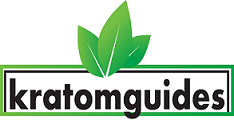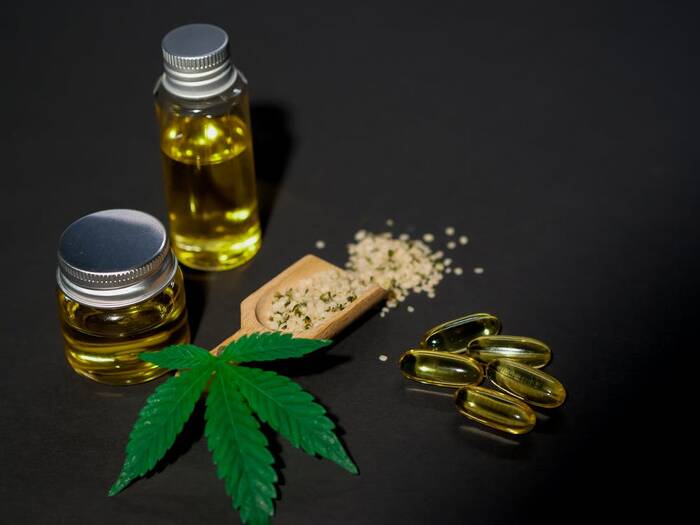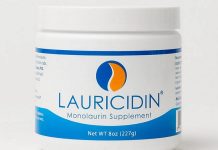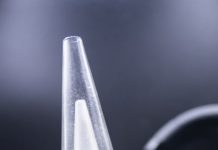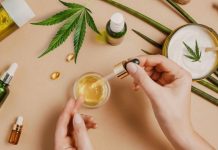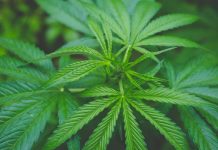Anxiety disorders are the most common mental disorders. They affect about 30 percent of people at some point in their lives. And they run the gamut from generalized anxiety disorder (GAD) to panic disorder (PD), obsessive-compulsive disorder (OCD), post-traumatic stress disorder (PTSD), and social anxiety disorder (SAD).
Prescription medicines for the treatment of anxiety have unpleasant side effects. Traditional medications for anxiety, like benzodiazepines, can be habit-forming, have a high potential for misuse, and can be difficult to wean patients off of. Cannabidiol (CBD) offers a safer option for relieving anxiety symptoms.
CBD is derived from the plant Cannabis sativa, but it doesn’t get you high – and CBD derived from hemp is now federally legal under the 2018 Farm Bill. While it doesn’t have the same psychoactive effects as tetrahydrocannabinol (THC), CBD can offer physiological benefits for people who suffer from anxiety. Here’s what you need to know to treat your anxiety with CBD.
What Studies Show About CBD and Anxiety?
While research into the benefits of CBD for anxiety is ongoing, what we know so far is promising. One literature review from 2015 found that CBD works on serotonin and cannabinoid receptors in the brain, particularly those that play a role in regulating anxiety and fear. The authors also found clinical evidence that CBD can treat OCD, PTSD, SAD, GAD, and PD.
A 2020 study involving 397 adults in New Zealand looked at the efficacy of medical-grade CBD for treating a range of conditions, including mental health symptoms, neurological symptoms, non-cancer-related pain, cancer-related pain and other cancer-related symptoms. Study participants reported feeling much better after just three weeks of treatment with medical-grade CBD. Seventy per cent of the study participants rated their satisfaction with CBD from “good” to “excellent.” Only 9.9 per cent reported unpleasant side effects, and just 0.8 per cent said their symptoms got worse on CBD.
Another literature review, published in 2020, found that CBD is effective as a treatment for anxiety, both on its own and in combination with other, more conventional treatments. A study of adults with anxiety and sleep problems found that after just two months of using CBD, 78.1 to 79.2 percent of participants experienced improvements in their anxiety symptoms.
How to Consume CBD for Anxiety?
So, you’ve looked at the science, and you’re ready to try CBD to relieve your anxiety and help you relax. How do you take it? CBD is available in many forms: oils or tinctures that can be dropped under the tongue, cannabis flowers that can be smoked, vape pens, edible gummies, oral sprays, and capsules. You can even buy CBD ointments, lotions, and gels that can be applied topically to treat itchiness, migraines, joint pain, and some skin conditions.
If you want to feel the calming effects of CBD immediately after consuming it, you should try smoking CBD-rich cannabis flowers or vaping high-CBD oils. However, smoking anything is bad for your lungs, and while the health effects of vaping remain poorly understood, there’s evidence that vaping could be bad for you, too. Medical professionals advise consuming CBD orally in the form of capsules, oral sprays, sublingual oils or tinctures, or CBD-infused candies.
Sublingual oils and tinctures, which typically come with a dropper, or oral sprays are probably the safest option if you need your CBD to take effect quickly. There are lots of capillaries in the mouth, especially under the tongue, so oils or tinctures dropped or sprayed under the tongue can enter the bloodstream quickly through the thin and delicate skin of the mouth. CBD oils and tinctures taken under the tongue will kick in within about 15 minutes. However, CBD-infused candies and capsules will take 30 minutes to two hours to take effect, so that’s something to consider if you want to take CBD to treat panic attacks.
And while CBD is federally legal, you probably want to use it discreetly, especially if you need to take it during the day while you’re at work. CBD-infused candies are the most discreet option, but you can always duck into a bathroom to place some CBD oil or tincture underneath your tongue.
Effective CBD Dosages
Studies have found that CBD is effective in a wide range of dosages. Some studies have found that participants experience relief from anxiety symptoms at dosages as low as 25 mg daily. Other studies have found that dosages as high as 300 to 600 mg are effective. Some studies have found that doses as high as 1,500 mg a day are safe and effective for treating anxiety. For your budget, you may want to start with a smaller dose and work your way up as needed.
Buy High-Quality CBD Products
CBD is a nutritional supplement, and as such, it’s not regulated by the FDA. Without FDA oversight, it’s on you to ensure that the CBD product you’re buying contains the amount of CBD that the manufacturer claims and doesn’t contain THC.
To ensure you’re getting a high-quality CBD product, you should ensure that the company you buy from has their products tested by a third-party lab. The manufacturer should provide the lab’s certificate of analysis (CoA), which should list all of the chemicals present in the product. The certificate of analysis will let you know how much CBD is in the product.
It will also let you know what other cannabinoids might be present in the product and in what concentrations. A CBD product must be derived from hemp and contain less than 0.3 percent THC to be legal.
Types of CBD
There are three main types of CBD available on the market: full-spectrum, broad-spectrum, and CBD isolate. Full-spectrum contains all of the cannabinoids present in the cannabis plant, including a small amount of THC. Full-spectrum CBD may be the most effective because of the entourage effect, in which the different cannabinoids in the product complement one another.
However, you may not want to take a product with any THC in it, especially if you have to take drug tests as a condition of your employment. In that case, you should opt for broad-spectrum CBD, which contains all of the cannabinoids present in cannabis, except for THC. Broad-spectrum CBD allows you to still benefit from the entourage effect without consuming THC. CBD isolate contains just CBD and is the best choice if you want to avoid any chance of consuming THC or experiencing intoxication.
Risks and Side Effects of Taking CBD for Anxiety
Most people tolerate CBD well, with few side effects. Those who do have side effects report that they include vivid dreams and drowsiness. Taking a lower dose of CBD can help mitigate side effects.
CBD can interact with a range of other medications, including medicines used to treat anxiety disorders. It can also alter how other medicines work in your body. It’s a good idea to talk to your doctor or a doctor specialising in cannabis-based treatments before you start taking CBD for anxiety.
If you’re looking for a natural way to treat anxiety that’s non-intoxicating and non-habit forming, you should try CBD. It’s federally legal, available without a prescription, and safe for most people. If you’re someone who struggles with anxiety, CBD could change your life.
